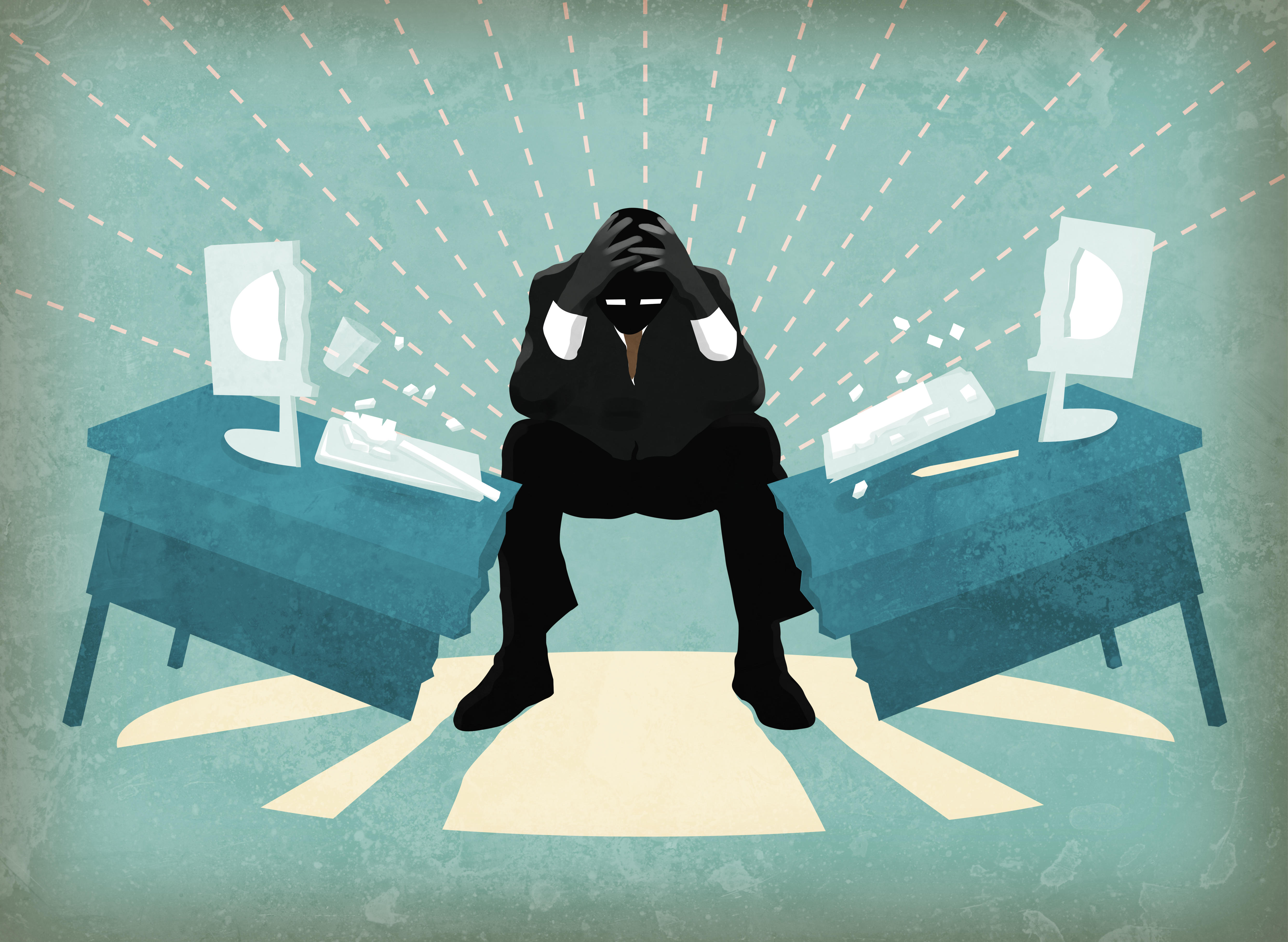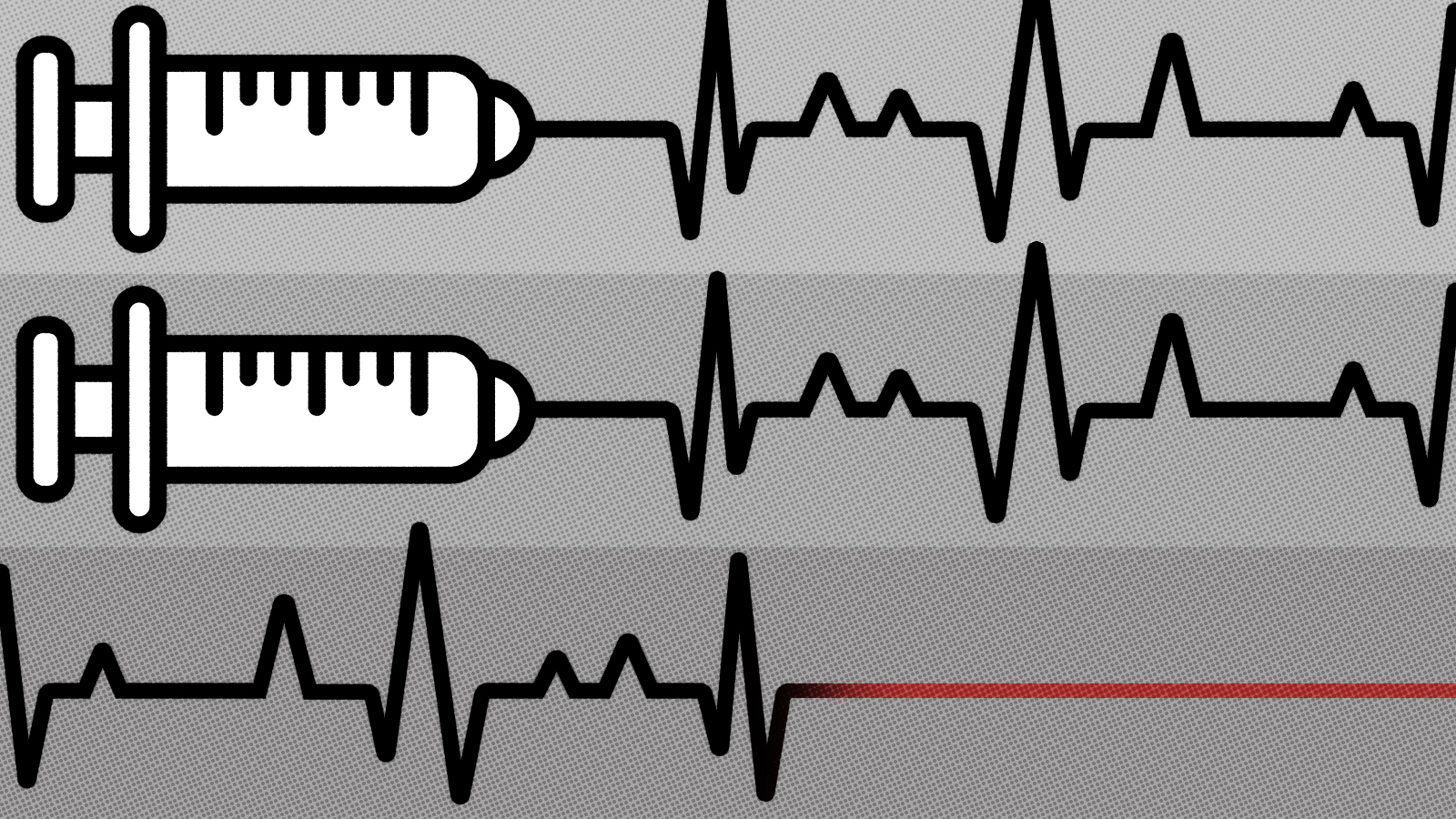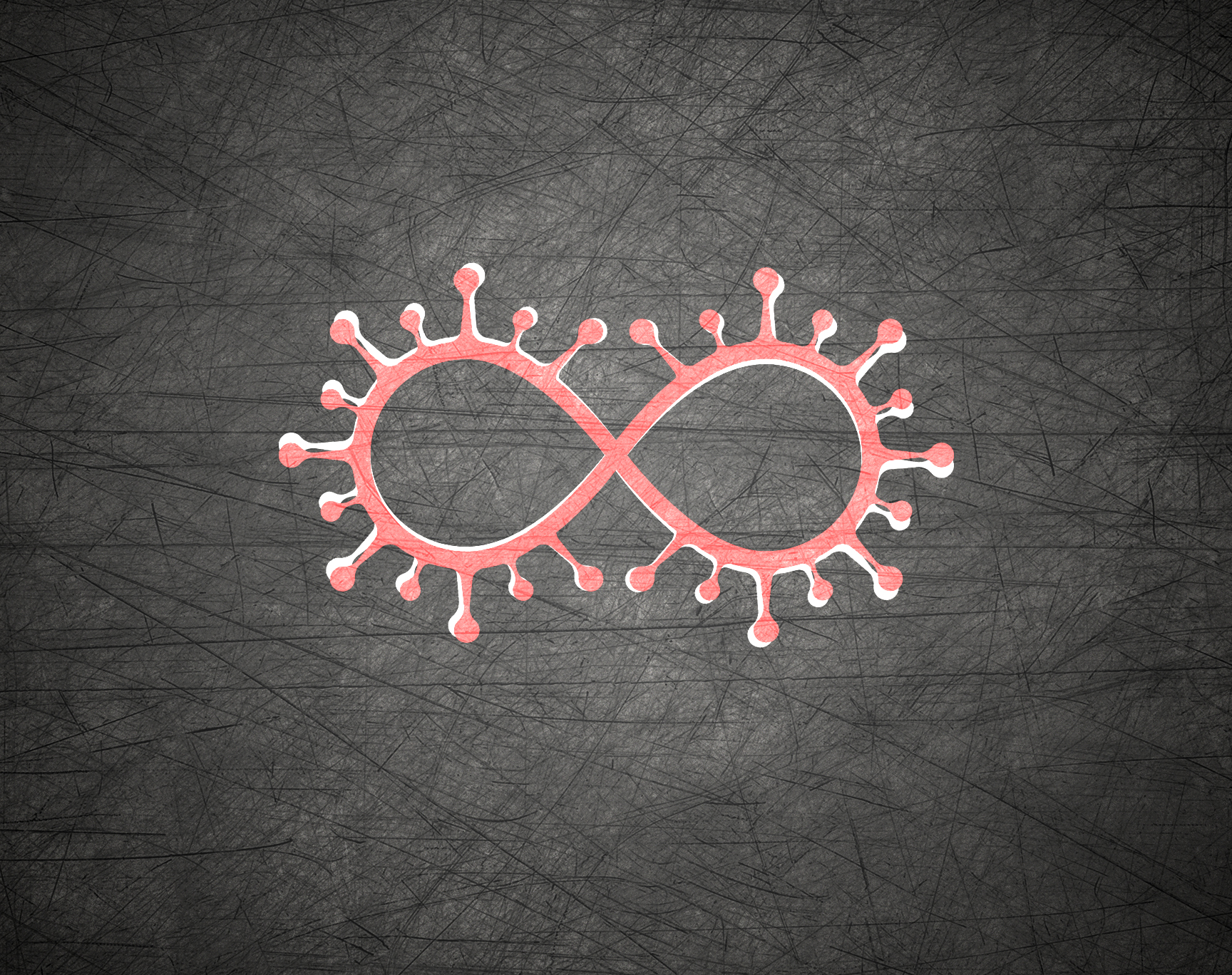Do you suffer from password rage?
Step away from the keyboard


A free daily email with the biggest news stories of the day – and the best features from TheWeek.com
You are now subscribed
Your newsletter sign-up was successful
"Please enter your username and password."
Few words fill me with more dread.
Like so many of us, I have my browser set to remember all of my login credentials, so when I get the occasional request to re-enter information, I draw a blank. Far too many times, I enter the information I think is correct, only to get that annoying red text: "Your username and password is incorrect. Please try again."
The Week
Escape your echo chamber. Get the facts behind the news, plus analysis from multiple perspectives.

Sign up for The Week's Free Newsletters
From our morning news briefing to a weekly Good News Newsletter, get the best of The Week delivered directly to your inbox.
From our morning news briefing to a weekly Good News Newsletter, get the best of The Week delivered directly to your inbox.
Rage.
Passwords used to make sense. They were first used in the 1960s to protect critical computer systems from unauthorized access. A limited number of people used these systems, and each person likely only had one password to remember.
Cut to today, when the average person has 19 passwords between his or her various devices. We're told we shouldn't use the same login for different accounts, and advised to make them all as complex as possible. One site requires at least one number, letter, and special character, while another doesn't allow special characters at all. Even if we wanted to violate security experts' recommendations and make all of our passwords the same, we couldn't.
Is it any wonder we can't keep up with them all?
A free daily email with the biggest news stories of the day – and the best features from TheWeek.com
And when you inevitably do get your password wrong, that glaring red error message can be infuriating. When it happens to me, I know I likely have a limited number of attempts before I'm locked out, so often I'll click the link that reads, "forgot my password." But in the minutes that pass as I wait for an email to reset my account, anger begins to build. The only thing I can compare this feeling to is road rage.
I'm not alone in my login-fueled fury. A recent study found that one-third of those surveyed admit to suffering from what's being called "password rage." Respondents reported bouts of crying, screaming, and swearing. Password memory failure is fairly common, as well, with 25 percent of those participating in the survey saying they forget a password at least once each day. That's a lot of red text, a lot of rage, and a lot of potentially busted keyboards.
The best thing to do when you suffer from password rage is to walk away from your computer and do something else until your anger subsides. Unfortunately, human nature makes that really hard. Studies have shown that when something angers us, we naturally move closer to it in an effort to resolve it. So, you keep guessing at the right combination until you're too frustrated to type.
All of this anger is pretty bad for the body. As testosterone gets pumping, blood pressure increases and the brain generates a flurry of negative emotions. With every angry outburst, the risk of stroke, aneurysm, or heart attack creeps upward.
So, what to do? You can now access your phone and some apps with your thumbprint, and experts believe biometrics will soon replace passwords forever. However, this type of authentication isn't without its critics, who say thumbprints, retinal scans, and facial recognition can be as risky as text-based passwords. That data can be hacked and, if that happens, you can't change your fingerprints and retinas like you can your passwords.
Password managers and Excel spreadsheets can keep track of things, but those aren't completely safe, either. You can write your passwords on a piece of paper and store them in your desk, but what if you lose it? What about the many, many times you create a password when you aren't near a sheet of paper?
Of course, the best solution is to find a way to avoid forgetting your passwords in the first place. One of the best methods is to come up with a few complex passwords that are easy for you to remember but impossible for a hacker to guess. To track those passwords, write them on a piece of paper and keep them in a sealed, unmarked envelope. Or, if you want to be extra safe, you can also invest in locks for your desk drawers for an extra layer of protection.
The important thing is that you find a way to recognize your password rage and get it under control. As counterintuitive as it feels, often the best thing you can do is step away from your keyboard, take some deep breaths, and try again later. Your blood pressure — and your keyboard — will thank you for it.
Stephanie Faris is a professional freelance writer and novelist. Her work has appeared on NYPost.com, Cosmopolitan.com, XOJane, and Ecommerce Insiders, among many others. She is the Simon & Schuster author of 30 Days of No Gossip, 25 Roses, and the upcoming Piper Morgan series.
-
 Quentin Deranque: a student’s death energizes the French far right
Quentin Deranque: a student’s death energizes the French far rightIN THE SPOTLIGHT Reactions to the violent killing of an ultra-conservative activist offer a glimpse at the culture wars roiling France ahead of next year’s elections.
-
 Secured vs. unsecured loans: how do they differ and which is better?
Secured vs. unsecured loans: how do they differ and which is better?the explainer They are distinguished by the level of risk and the inclusion of collateral
-
 ‘States that set ambitious climate targets are already feeling the tension’
‘States that set ambitious climate targets are already feeling the tension’Instant Opinion Opinion, comment and editorials of the day
-
 Do unvaccinated COVID patients deserve scarce care? A doctor weighs in.
Do unvaccinated COVID patients deserve scarce care? A doctor weighs in.The Explainer Justice, judgment, and the last ICU bed
-
 How to vaccinate the anti-vaxxers
How to vaccinate the anti-vaxxersThe Explainer Instead of blaming people for not doing the right thing, let's focus on eliminating the obstacles to vaccination that still remain
-
 The U.S. could double its COVID-19 vaccine availability overnight. What's the holdup?
The U.S. could double its COVID-19 vaccine availability overnight. What's the holdup?The Explainer How the FDA could approve a more efficient vaccine rollout
-
 The October Surprise nobody wanted
The October Surprise nobody wantedThe Explainer Trump has COVID-19. Really, 2020?
-
 Life is worth living
Life is worth livingThe Explainer What's driving America's rising suicide rate?
-
 Social workers are masters at de-escalation. Here's what the police can learn from them.
Social workers are masters at de-escalation. Here's what the police can learn from them.The Explainer Knowing how to peacefully resolve conflict, rather than exacerbate it, can save lives
-
 Settling in for the long pandemic
Settling in for the long pandemicThe Explainer Life won't be back to "normal" anytime soon
-
 Sports reveal how much America is trailing the rest of the world
Sports reveal how much America is trailing the rest of the worldThe Explainer MLS and other American leagues are stumbling through their pandemic restart plans
